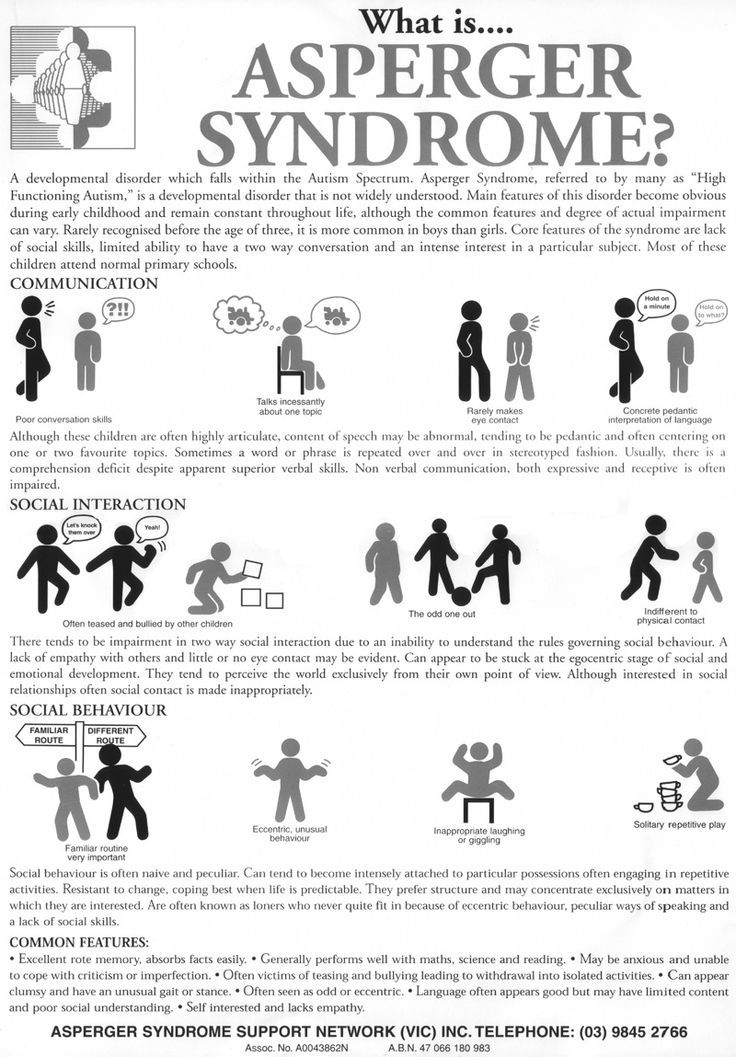Relationships with the opposite sex
Student Health Service - Getting along with the opposite gender
Getting along with the opposite gender
Our society consists of male and female. We study and work together, and we participate in social activities together. In order to build up a healthy and harmonious relationship, adolescents should develop a proper concept towards the opposite gender, learn their special characters and how to get along with them.
Self reflection
| 1. |
Does making friends with the opposite gender means you are dating or falling in love?
|
||||||||||||
| 2. |
What is the significance of making friends with the opposite gender? Establishing a good interpersonal relationship is a step towards normal social life in the future. You should adopt the following attitudes:
|
||||||||||||
3. |
Differences between friendship and love | ||||||||||||
|
How to get along with the opposite gender?
| 1. | Understand each other Traditionally, male is assumed to be tough, independent, calm, sensible and strong while female is assumed to be gentle, mild, thoughtful, sensitive and fragile. However, social values are changing, and the image and role of modern men and women are becoming more flexible. Therefore, you should not think in stereotypes.  Instead, you have to understand the individual's personality in order to enhance communication. Instead, you have to understand the individual's personality in order to enhance communication. |
| 2. | Accept each other Everybody is unique. Everyone has different background, personality and thoughts. If you understand the basic differences between both genders, then learn to admire each other's strengths and accept each other's shortcomings, you will get along well and harmoniously. |
| 3. | Look for similarities You should look for each other's similarities, for example, interests, hobbies, personalities, etc. 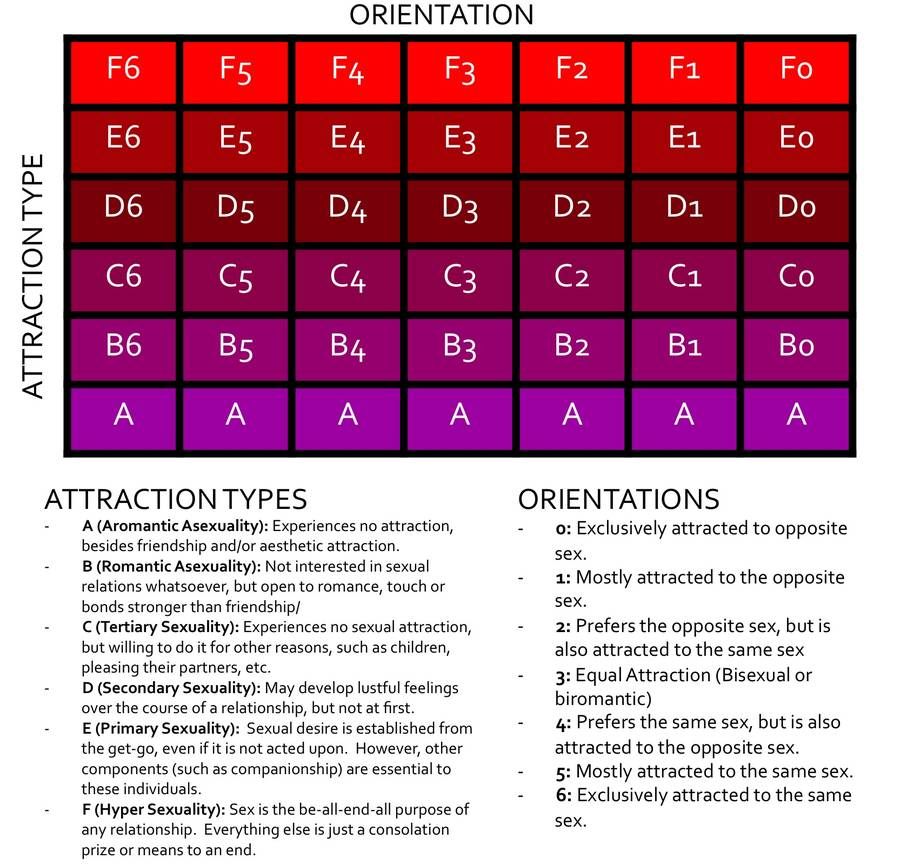 You can join activities in which you are both interested, sharing each other's experience and feelings. If you have similar opinions, it is easier to establish rapport and develop precious friendship. You can join activities in which you are both interested, sharing each other's experience and feelings. If you have similar opinions, it is easier to establish rapport and develop precious friendship. |
| 4. | Learn from each other You can learn from each other's characteristics and strengths. Boys do not need to force themselves to be extremely masculine; on the other hand, girls do not need to force themselves to be extremely feminine. You can both be strong, confident as well as caring and gentle. |
| 5. | Complement each other Males or females have different strengths and weaknesses.  You can complement each other and so attain greater achievement. You can complement each other and so attain greater achievement. |
| 6. | Choose friends carefully You should look for friends who are respectable and trustworthy, good friends can help you to improve. Do not judge from one's appearance. You can decide whether you should spend more time with him/her or stay away from him/her through observing his/her speech and manner which often reflects his/her personality. |
| 7. | Be sincere You have to be sincere when you are making friends with the opposite gender, appreciate and respect them, feel free to show your concern, pay attention to other's reaction and beliefs, be considerate and supportive. 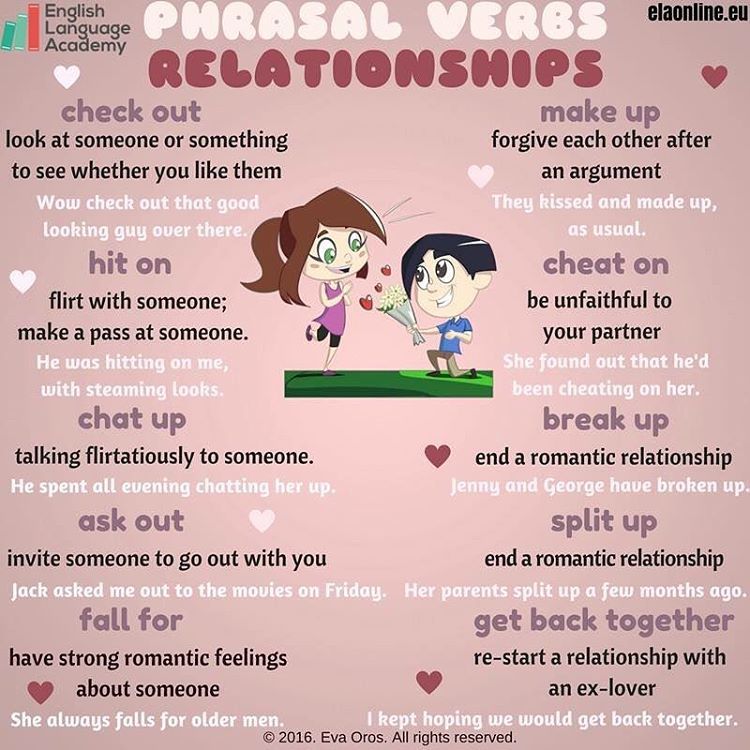 |
| 8. | Build up a harmonious and equal relationship Both male and female have equal status in the society. You should respect each other and understand each other in order to build a harmonious and equal relationship where both of you can develop your own potentials. |
Conclusion
Adolescents start to have special feelings towards the opposite gender. It is normal to make friends with the opposite gender; but you should be sincere. You will meet different kinds of friends through social activities. Accept and respect each other's differences and similarities, so as to establish a harmonious and equal relationship.
(Revised in June 2022)
Printable version
When Are Opposite Sex Friends a Threat to Your Relationship?
1. Gilchrist-Petty, E., & Bennett, L. (2019). Cross-Sex Best Friendships and the Experience and Expression of Jealousy within Romantic Relationships. Journal of Relationships Research, 10, E18. doi:10.1017/jrr.2019.16
Gilchrist-Petty, E., & Bennett, L. (2019). Cross-Sex Best Friendships and the Experience and Expression of Jealousy within Romantic Relationships. Journal of Relationships Research, 10, E18. doi:10.1017/jrr.2019.16
2. Monsour, M., Harris, B., Kurzweil, N. et al. Sex Roles (1994) 31: 55. https://doi.org/10.1007/BF01560277
3. Afifi, W. A., & Faulkner, S. L. (2000). On being ‘just friends’: The frequency and impact of sexual activity in cross-sex friendships. Journal of Social and Personal Relationships, 17, 205-222.
4. Afifi, W. A., & Burgoon, J. K. (1998). ‘We never talk about that’: A comparison of cross-sex friendships and dating relationships on uncertainty and topic avoidance. Personal Relationships, 5, 255-272.
5. Bleske, A. L., & Buss, D. M. (2000). Can men and women be just friends? Personal Relationships, 7, 131-151.
6. Bleske-Rechek, A., Somers, E., Micke, C., Erickson, L., Matteson, L., Stocco, C., Schumacher, B., Ritchie, L. (2012).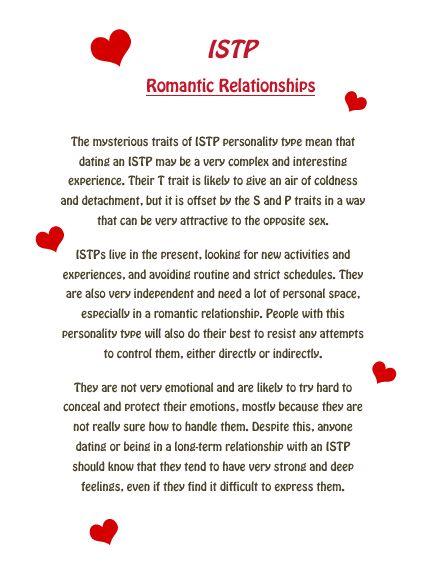 Benefit or burden? Attraction in cross-sex friendship. Journal of Social and Personal Relationships, 29, 5, 569-596.
Benefit or burden? Attraction in cross-sex friendship. Journal of Social and Personal Relationships, 29, 5, 569-596.
7. Hartup, W. W. (1975). The origins of friendships. In M. Lewis & L. A. Rosenblum (Eds.), Friendship and peer relations (pp. 11-26). New York, NY: John Wiley.
8. Hays, R. B. (1988). Friendship. Handbook of personal relationships: Theory, research, and interventions (pp. 391-408). New York, NY: John Wiley.
9. Kaplan, D. L., & Keys, C. B. (1997). Sex and relationship variables as predictors of sexual attraction in cross-sex platonic friendships between young heterosexual adults. Journal of Social and Personal Relationships, 14, 191-206.
10. Monsour, M. (1992). Meanings of intimacy in cross- and same-sex friendships. Journal of Social and Personal Relationships, 9, 277-295.
11. Monsour, M. (1997). Communication and cross-sex friendships across the life cycle: A review of the literature. In B. R. Burleson & A. W. Kunkel (Eds.), Communication yearbook 20 (pp.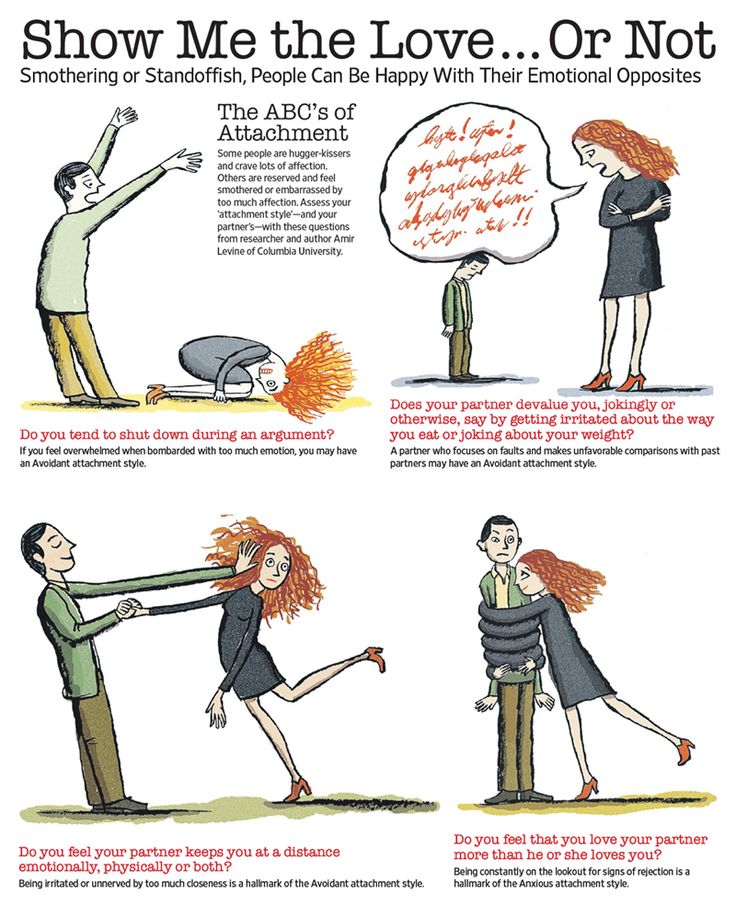 375-414). Thousand Oaks, CA: Sage.
375-414). Thousand Oaks, CA: Sage.
12. Monsour, M. (2002). Women and men as friends: Relationships across the life span in the 21st century. Mahwah, NJ: Lawrence Erlbaum.
13. O’Meara, J. D. (1989). Cross-sex friendships: Four basic challenges of an ignored relationship. Sex Roles, 21, 525-543.
14. Rawlins, W. K. (1992). Friendship matters: Communication, dialects, and the life course. New Brunswick, NJ: Transaction Publishers.
15. Reeder, H. M. (2000). ‘I like you ... as a friend’: The role of attraction in cross-sex friendships. Journal of Social and Personal Relationships, 17, 329-348.
16. Swain, S. (1992). Men’s friendships with women: Intimacy, sexual boundaries, and the informant role. In P. Nardi (Ed.), Men’s friendships (pp. 153-171). Thousand Oaks, CA: Sage.
17. Werking, K. (1997). We’re just good friends: Men and women in nonromantic relationships. New York, NY: The Guilford Press.
18. Wright, P. H. (1984). Self-referent motivation and the intrinsic quality of friendship. Journal of Social and Personal Relationships, 1, 115-130.
Journal of Social and Personal Relationships, 1, 115-130.
19. Carter, Z. A. (2016). Married and previously married men and women's perceptions of communication on facebook with the opposite sex: How communicating through facebook can be damaging to marriages. Journal of Divorce and Remarriage, 57, 1, 36-55.
Relationships with the Opposite Sex - ABC of Education
Contents- Opposites attract
- Big difference
If it is often easy for adults to confuse friendship with love or love with sympathy, let alone children. How to tell a child about relationships with the opposite sex and explain what love is in terms of emotions? And how to teach him to distinguish this feeling from sympathy, affection and friendship between a boy and a girl?
Opposites attract
Since it is very difficult to explain the meaning of relationships with the opposite sex in isolation from their biological function, it is better to start a conversation with a child with a description of those male and female qualities that complement each other.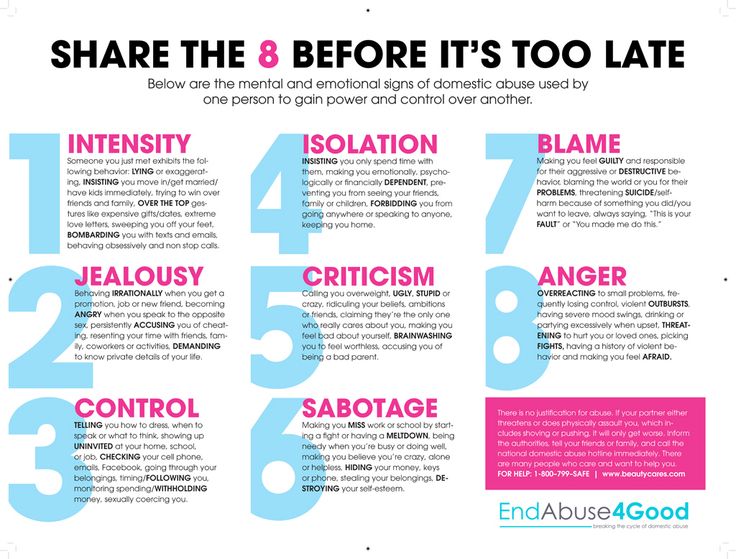 For example, men are characterized by strength and endurance, while women are gentle and patient. The beautiful half of humanity is attentive to trifles, and the representatives of the stronger sex tend to think globally. Despite the fact that there are very strong girls and weak boys, for a long time in the process of evolution it was not at all like that, and all biological species obeyed a single law: the strongest survive. Therefore, it was important for representatives of the opposite sex to unite in order to provide their offspring with the most comfortable living conditions.
For example, men are characterized by strength and endurance, while women are gentle and patient. The beautiful half of humanity is attentive to trifles, and the representatives of the stronger sex tend to think globally. Despite the fact that there are very strong girls and weak boys, for a long time in the process of evolution it was not at all like that, and all biological species obeyed a single law: the strongest survive. Therefore, it was important for representatives of the opposite sex to unite in order to provide their offspring with the most comfortable living conditions.
Although modern people have gone far from primitive instincts, some of them turned out to be very tenacious. These include the instinct of self-preservation and the instinct of procreation. That's why even kids in kindergarten look closely at each other and break into pairs. Pay attention to the child that the ability to build relationships with the opposite sex is not acquired overnight, so it is very important to learn it from childhood.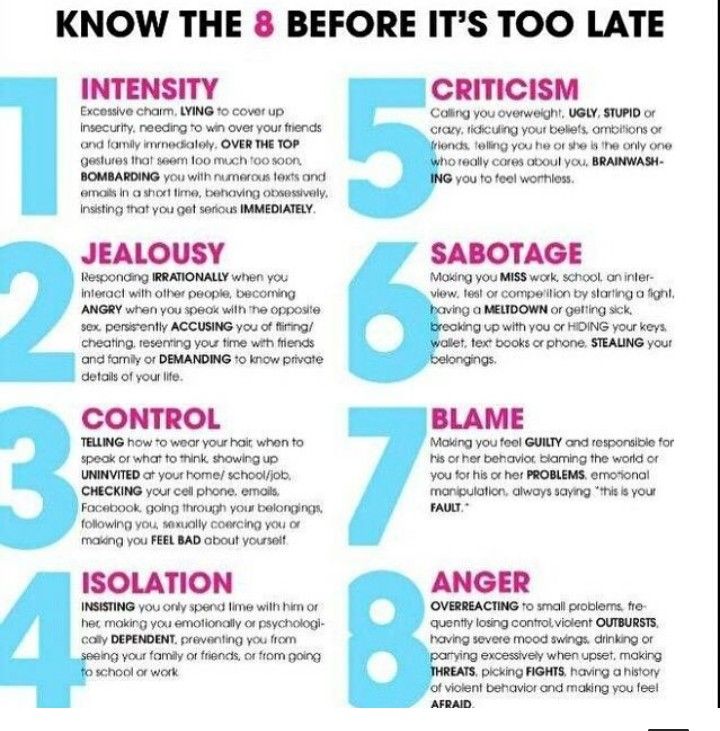
When talking with a child about the essence of psychological relations between the two sexes, it makes sense to discuss the problem of trust and fidelity. Since love is the basis of family relationships, and one of the main tasks of the family is the upbringing of children, it is very important that spouses are confident in each other. An example can be given with pets. Invite your child to imagine that he and a friend bought a puppy and agreed on the distribution of responsibilities for caring for him, and after a few months the friend announced that he was now interested in guinea pigs. And then ask the child, would a puppy that had time to become attached to two owners suffer from this? Most likely, the answer will be in the affirmative. Please note that the "human" baby, left without the care of one of the parents, suffers immeasurably more. That's why it's so important to be confident in the person you love.
Big difference
While the child is still far from starting a family, he is already capable of strong feelings. How can you help your son or daughter understand the differences between similar emotions that differ in depth?
How can you help your son or daughter understand the differences between similar emotions that differ in depth?
Love. Emphasizing the distinctive features of this feeling, it is necessary to dwell on the fact that it is the most serious and most durable. One day, a month and even a year is not a time to determine whether it is love or something else. If a child asks about love at first sight, draw his attention to the fact that it certainly happens, but it is possible to judge that this is it only after some time. After all, sympathy and affection can also arise at first sight, but then quickly fade away.
If the child thinks that true love has already settled in his heart, invite him to answer a few questions:
– What sacrifices is he willing to make for the object of his love? Can, for example, give up a favorite hobby or change habits?
– Is this feeling as strong as, for example, his love for his parents?
– Is his feeling mutual? This is very important, because true love involves the development of relationships over time, "grinding" to each other and a careful study of character traits.
- Is the child ready to choose this person and live with him all his life?
If the student answered no to at least one question, tell him that, most likely, it is about affection or sympathy, but not about love.
Attachment. When talking about her, two main properties can be distinguished: indifference to the fate of another person and the desire to take care. However, the object of attachment is not unique - there can be several of them. Ask your child who he would turn his attention to if his current "passion" ignored his desire to communicate. If the student says one or more names without much thought, congratulate him or her on passing the attachment test. Give him examples from life when a boy painfully chooses between two girls, or, conversely, a girl gladly accepts courtship and “patronizes” several boys, showing jealousy when her friends also begin to communicate with them. Feelings such as pity for the bad evaluation received by the target of affection or resentment because someone teases him is also very characteristic of attachment.
Sympathy. The main quality of sympathy is interest in a person and the desire to be near, communicate, get to know him better and better. If expressed in psychological terms, then in the foreground in this case is cognitive motivation. To make it clear to the child, ask him to tell a little about each classmate of the opposite sex. After he completes the characterization of the children, draw his attention to the fact that his "reports" vary in length. He knows a lot about someone - up to the name of a parrot or the name of a holiday village, but about someone he can only say a few words. Those who fell into the first group belong to the circle of children with whom he sympathizes.
Friendship. Discussing with the child the possibility of this feeling between a boy and a girl, draw the attention of the child to the fact that this is, first of all, a partnership. They are characterized by cooperation, mutual assistance and common interests. It is very important to note that friendship, as it were, erases the differences between the sexes. So, a daughter, communicating with a boy, may at times forget that he is not a girlfriend, but a friend. The presence of some joint activity is also a fairly characteristic indicator of friendship. Passion for collecting stickers, reading books about dinosaurs or training in aikido not only unites friends, but also fills their relationship with concrete content.
It is very important to note that friendship, as it were, erases the differences between the sexes. So, a daughter, communicating with a boy, may at times forget that he is not a girlfriend, but a friend. The presence of some joint activity is also a fairly characteristic indicator of friendship. Passion for collecting stickers, reading books about dinosaurs or training in aikido not only unites friends, but also fills their relationship with concrete content.
The presented division and the criteria for it are very conditional - after all, we are talking about feelings that have a bright individual coloring. All children and adults love or make friends in different ways, so it is simply impossible to drive their emotions into a strict table or classification. Many people spend years trying to figure out their feelings - how can outsiders understand them! In addition, the described feelings can move from one to another. This fact must be reported to the child. Talk about how quite often love grows out of friendship or sympathy, passing through the attachment stage.
Most likely, you will hardly be able to limit yourself to one conversation with your child. Questions of the differences between love and friendship, or the possibility of friendship between the sexes, at different times, excited the best minds of mankind. Therefore, the child will again and again return to these burning topics. However, the main task of the parent is to instill in the child the desire to analyze their own feelings and balance in their interpretation.
Text: Maria Baulina
Why you don't want a relationship with the opposite sex at all: 5 reasons
In many cultures, the preference to remain a bachelor (as a person who does not want a relationship is called) is not considered the norm and is condemned by society. But this does not mean that the absence of a pair is wrong.
There are many reasons why people prefer to be alone. There is nothing wrong with not wanting a relationship at all, no need to explain why this is so. However, if an event in the past is holding you back from emotional attachment, this may be an issue that needs to be worked out with a professional.
However, if an event in the past is holding you back from emotional attachment, this may be an issue that needs to be worked out with a professional.
What could be the reasons why a person does not want a relationship?
1. No concessions!
Relationships are about endless compromise and collaboration. Loners can do whatever they want, when they want. They can only think about their duties and how to make themselves happy. But in a relationship, we always think about the partner. If we are making plans, we should think about how it will affect the other person.
There is nothing wrong with wanting to keep your freedom. This may be one of the reasons that keep you from entering into a serious relationship.
2. Emotional inaccessibility
Many people do not like to express their feelings and keep them to themselves. They do not want to share experiences with others, and sometimes they do not want to experience strong emotions at all.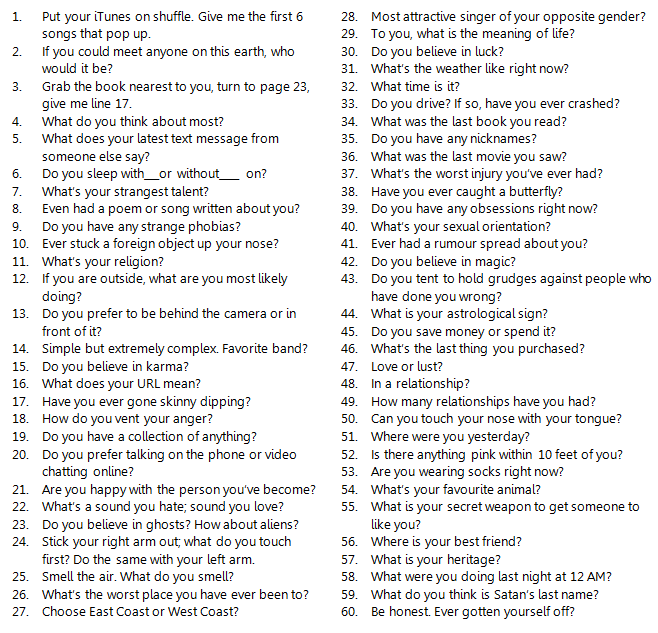 After all, it makes them feel vulnerable, weak, afraid of rejection.
After all, it makes them feel vulnerable, weak, afraid of rejection.
Relationships mean deep communication with a partner and the opportunity to open up to another. To some, this seems impossible, so they avoid a serious relationship at all costs.
3. Trauma of the past
Negative experience can be another reason why a person doesn't want a relationship with the opposite sex. Traumatic events can cause feelings of anxiety, fear, and even symptoms of depression. And if they are involved with a romantic partner, it is obvious that you will not want to start a relationship in the near future.
If the injury was severe enough, symptoms of post-traumatic stress disorder (PTSD) may occur. PTSD can cause a person to be genuinely afraid of a relationship, or it can lead to significant stress with new intimacy with someone. In this case, it is highly recommended to seek the help of a specialist.
4. Self-doubt
Low self-esteem is a common reason why people choose not to enter into relationships. The fear of rejection is too great and we don't want to risk it.
The fear of rejection is too great and we don't want to risk it.
In order to be in a serious relationship, we must truly love ourselves. We must understand that the partner sees us as a special person to trust him (or her) when we are told about love. That's why we hear the phrase so often: "You can't love others if you don't love yourself."
5. “It's so good”
Many loners do not see the need to commit themselves to someone. We live in a modern world, and a certain number of people find satisfaction in the single life because they like it.
You may be focused on a career or on self-improvement. If you are happy, then stay alone for as long as you want. Just because others find someone for marriage and commitment doesn't mean it's for everyone.
If you feel comfortable and happy without a partner, there is nothing wrong with that. You don't have to get romantically involved because that's what society wants. If you decide to be single for the sake of feeling free and happy, that's fine, and you have to justify your decision.
 People fallen in love often get anxious about gain and loss
People fallen in love often get anxious about gain and loss







